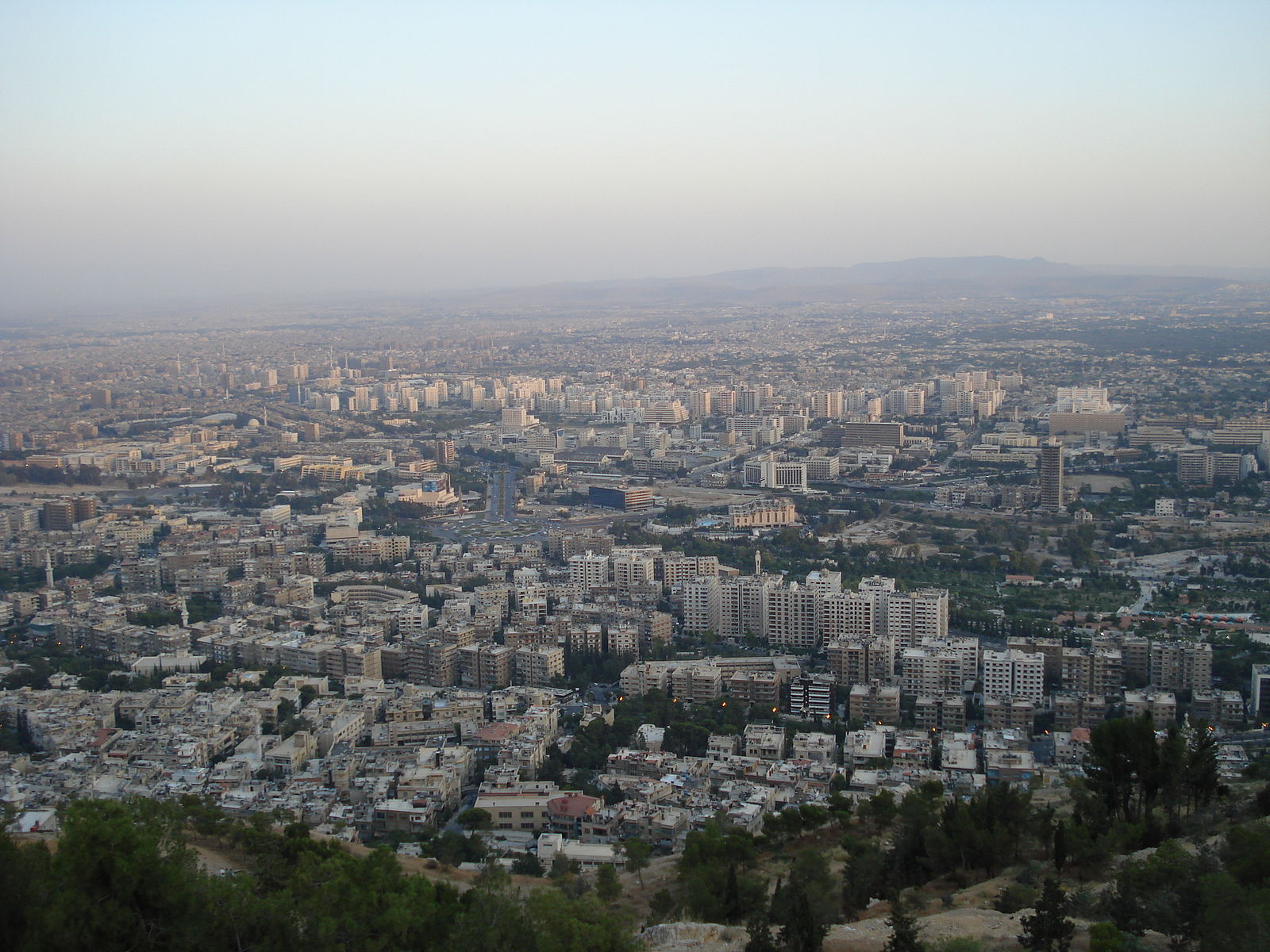
GENEVA (AP) — A UN humanitarian aid official said Thursday that Syria’s government has withdrawn a controversial law that allowed authorities to seize property left behind by civilians who fled the country’s civil war, calling it a good sign that “diplomacy can win — even in Syria.”
Jan Egeland said he was told of the decision by Russia, a key ally of Syrian President Bashar Assad.
Egeland also said Assad’s government has agreed to allow convoys of aid to enter the desolate Rukban area near Syria’s border with Jordan. He said the UN and its partners haven’t gotten access since January to the area where up to 50,000 civilians have been stuck for months, calling it one of Syria’s most “desperate places.”
Egeland, who heads aid issues in the office of UN Syria envoy Staffan de Mistura, but whose day job is leading the Norwegian Refugee Council, also confirmed he will leave the UN post in November. He spoke a day after de Mistura told the UN Security Council that he himself is leaving for “personal” reasons.
State Department spokeswoman Heather Nauert heaped praise on de Mistura, saying he had worked tirelessly to try to end the Syria crisis. She said his aim to “finally convene” a committee to write a new Syrian constitution in the final weeks of his tenure would mark an “important step forward in the political process.”
Speaking after a UN “humanitarian task force” meeting in Geneva, Egeland said Russia reiterated assurances it had made earlier regarding Syria’s so-called “Law 10″ having been withdrawn. Under the law, residents have just 30 days to prove that they own property in redevelopment zones in order to receive shares in the projects, otherwise the ownership will be transferred to the local government.
The law has been seen as a major impediment to the possible return of millions of Syrian refugees and internally displaced people who fled their homes in Syria’s 7 ½-year war, which has left at least 400,000 people dead. Syrian officials have insisted the law will not result in the confiscation of property, but is aimed at proving and organizing ownership to combat alleged forgery of documents in rebel-held areas.
It was not clear whether Assad’s government might later revive the legislation or enact it in other ways.
“When Russia says that it is withdrawn and there were mistakes done … it is some good news,” Egeland said. “Hopefully this will now be reality on the ground. So diplomacy can win — even in Syria.”
Syrian legislator Mohammed Kheir Akkam told The Associated Press on Thursday that the law was issued by presidential decree and there has been no decree to abolish it.
“These claims are not true so far,” he said when asked whether “Law 10″ has been abolished.
There was no immediate reaction or confirmation from either Russia or the Syrian government regarding the law.
As for Rukban, Egeland bemoaned how only a “trickle” of goods had reached civilians in the desert area in recent months.
“We’ve been assured that we will have all the green lights and permits from the government in Damascus to send a convoy through with food, with health and sanitation equipment — all that is needed for a population in Rukban that has had the most desperate pleas now in the last weeks for aid,” he said.
Overall, Egeland cited a number of “positive” developments in Syria in recent weeks.
He hailed the news that airstrikes over the northwestern region of Idlib — the last major rebel stronghold in Syria — have stopped for the last five weeks, in part due to Russian efforts.
Egeland also noted a decision by Western donors to lift temporary restrictions that they had imposed on aid flows over concerns that the funds might end up in the hands of groups that the UN has listed as terrorist organizations, such as an al-Qaida-linked group that controls much of Idlib.
He expressed concern, however, that Western nations are still refusing to contribute to reconstruction in Syria. The US and European countries have said they will not contribute to Syria’s rebuilding without a political transition away from Assad’s rule, something the Syrian government adamantly rejects.
___
Associated Press writers Bassem Mroue in Beirut and Albert Aji in Damascus, Syria, contributed to this report.




